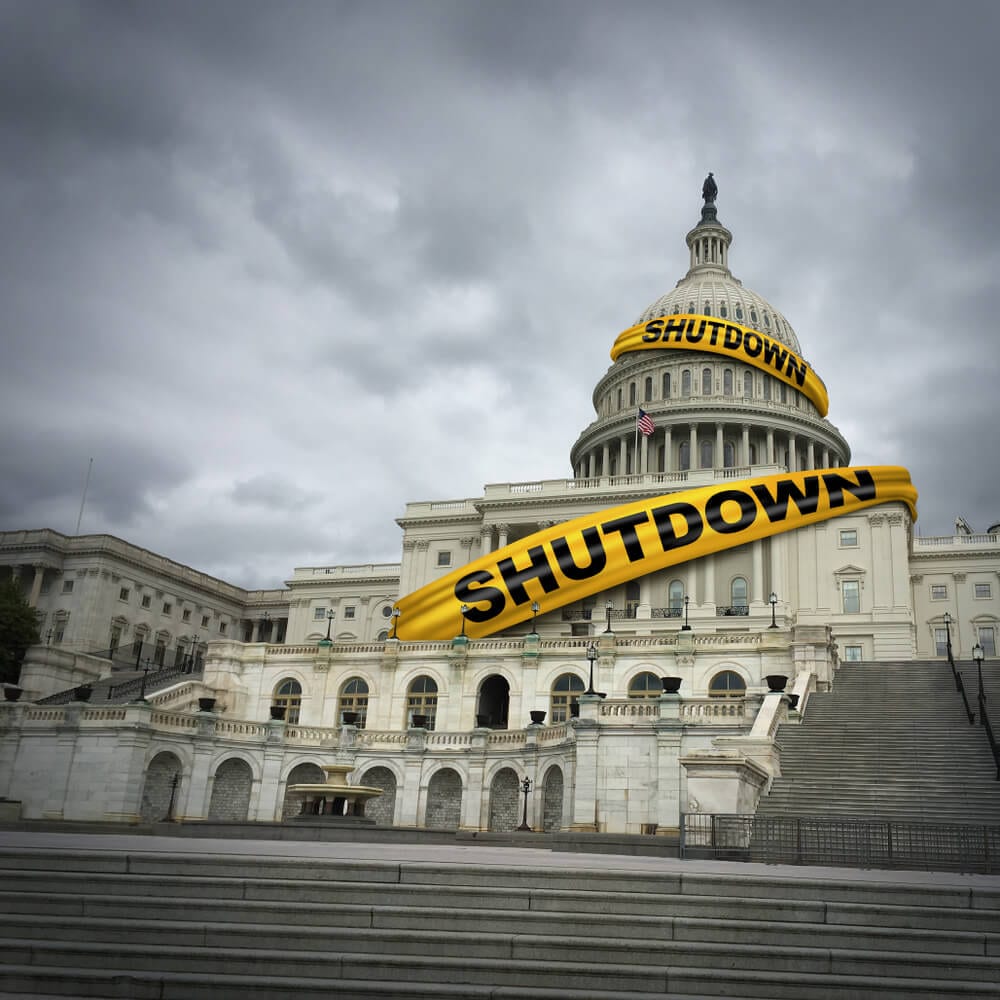Understanding Government Shutdowns
Government shutdowns are periods during which the government ceases to operate due to the lack of authorization to fund government operations and agencies. These events occur when the legislative branch and the executive branch cannot reach an agreement on a budget for the upcoming fiscal year or fail to pass a continuing resolution to extend funding temporarily. In this article, we’ll delve into the intricacies of government shutdowns, their history, reasons behind them, their impact, and how they affect citizens. Read about What is Racial Ideology
History of Government Shutdowns
Government shutdowns, though rare, have occurred several times in the history of the United States. Notable instances include the 1995–1996 shutdown, which lasted 21 days, and the more recent 2018–2019 shutdown, which spanned 35 days. These shutdowns often stem from disagreements between political parties or branches of government regarding budget allocations and policy priorities.

Reasons Behind Government Shutdowns
Political Disputes
One common cause of government shutdowns is political disagreements over key issues such as immigration, healthcare, or defense spending. When policymakers fail to compromise or negotiate effectively, it can lead to funding gaps and government shutdowns. Discover about What is the Difference Between NATO and The UN
Budgetary Issues
Another reason for government shutdowns is the failure to pass a budget or continuing resolution before the previous funding expires. This can occur due to ideological differences, partisan gridlock, or procedural delays within the legislative process.
Impact of Government Shutdowns
Government shutdowns have far-reaching consequences that extend beyond the halls of government. They can disrupt essential services, delay payments to government employees and contractors, and negatively impact the economy as a whole.
Economic Consequences
During a shutdown, many government agencies and departments cease operations, leading to furloughs for federal employees and contractors. This loss of income can ripple through the economy, affecting businesses and consumers alike. Additionally, the uncertainty caused by a shutdown can dampen consumer confidence and investment. Learn about Why is North Korea So Strict
Social Effects
Shutdowns can also disrupt vital services that millions of Americans rely on, including national parks, food assistance programs, and regulatory agencies. Vulnerable populations may experience difficulties accessing essential resources, leading to increased hardship and inequality.
How Government Shutdowns Affect Citizens
Services Affected During a Shutdown
During a government shutdown, non-essential government services may be suspended or reduced, including national parks, passport processing, and IRS assistance. This can inconvenience citizens and businesses and create backlogs that persist even after the shutdown ends.
Individuals and Communities Impacted
Government shutdowns disproportionately affect certain groups, including federal employees, contractors, and those who rely on government assistance programs. These individuals may struggle to make ends meet during a shutdown, facing uncertainty about when they will receive their next paycheck or benefits.
Responses to Government Shutdowns
Government Measures
During a shutdown, government officials may take various measures to mitigate its impact, such as prioritizing essential services, authorizing emergency funding, or implementing contingency plans to ensure public safety.
Public Reactions
Shutdowns often provoke public outcry and frustration, as citizens grapple with the consequences of government dysfunction. Pressure from constituents may prompt lawmakers to expedite negotiations and find a resolution to end the shutdown.
Resolutions and Endings of Shutdowns
Negotiations and Agreements
Ultimately, government shutdowns are resolved through negotiations between lawmakers, often resulting in a compromise or temporary funding measure to reopen the government. However, the effects of a shutdown can linger, and the cycle may repeat if underlying issues remain unresolved.
Effects of Ending a Shutdown
Once a shutdown ends, government agencies and services gradually resume operations, and federal employees return to work. However, the economic and social impact of the shutdown may persist, requiring ongoing efforts to address the fallout and prevent future disruptions.
Conclusion
Government shutdowns are disruptive events that highlight the challenges of governance and the consequences of political dysfunction. As policymakers grapple with competing priorities and ideological differences, it’s essential to prioritize the needs of the people and work towards effective solutions that uphold the principles of democracy and public service.
FAQs
- How long can a government shutdown last?
- Government shutdowns can vary in duration, lasting anywhere from a few days to several weeks or even months, depending on the complexity of the issues at hand and the willingness of lawmakers to negotiate.
- Are all government services affected during a shutdown?
- No, essential services such as national security, law enforcement, and air traffic control typically continue operating during a shutdown. However, non-essential services may be suspended or reduced until funding is restored.
- How does a government shutdown impact the economy?
- Government shutdowns can have a negative impact on the economy by disrupting business operations, reducing consumer spending, and eroding investor confidence. The longer a shutdown persists, the greater its economic consequences are likely to be.
- Can government shutdowns be prevented?
- While government shutdowns are a recurring feature of American politics, efforts can be made to prevent them through effective negotiation, bipartisan cooperation, and timely budgetary planning. However, ideological differences and partisan gridlock often complicate these efforts.
- What can citizens do during a government shutdown?
- During a government shutdown, citizens can stay informed about the latest developments, reach out to their elected representatives to express their concerns, and seek assistance from community organizations or government agencies that remain operational.
